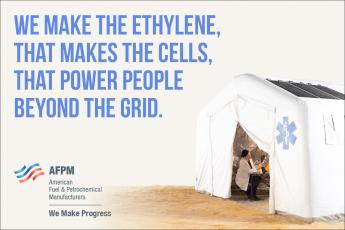
For the past year or so the Drilled team has been compiling a (soon-to-be-launched!) online archive of fossil fuel industry PR and marketing, everything from placed op-eds and shareholder reports to slick ads and goofy social media posts. A lot of it was hanging out in my office or on my desktop already, but the great Michael Waters has been a huge help in fleshing it out.
One thing you start to realize if you look at how any industry has talked about itself over time is that messaging cycles around over and over again. For the fossil fuel industry (er, excuse me the "hydrocarbon" industry), that cycle began with—and always returns to—"we make your whole life work." This week, The Daily Show ran a hilarious take-down from Wanda Sykes of Energy Transfer Partners' take on this old chestnut, the "what if oil disappeared?" ad they started running in 2021 and brought back to the NFL once again (they've had it pinned to their twitter profile for years too). Here's the original:
Energy Transfer is far from the only company trumpeting this message. Over the last couple of years, as the world has begun to move (albeit slowly) toward energy transition, the industry has gone back to the old classic in a big way. The first we found of this latest batch came from the American Fuel and Petrochemical Manufacturers (AFPM) and highlighted the petrochemicals necessary for all our favorite products:


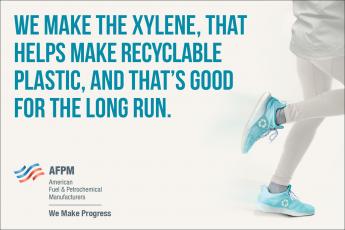
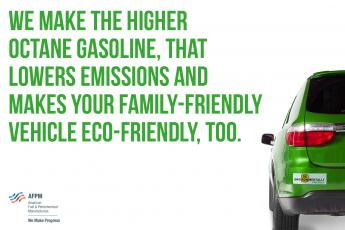
Here's a fascinating case of the same company cycling through this message. Encana, back when it was still Encana, in 2012:
And again as the newly rebranded Ovintiv in 2021:
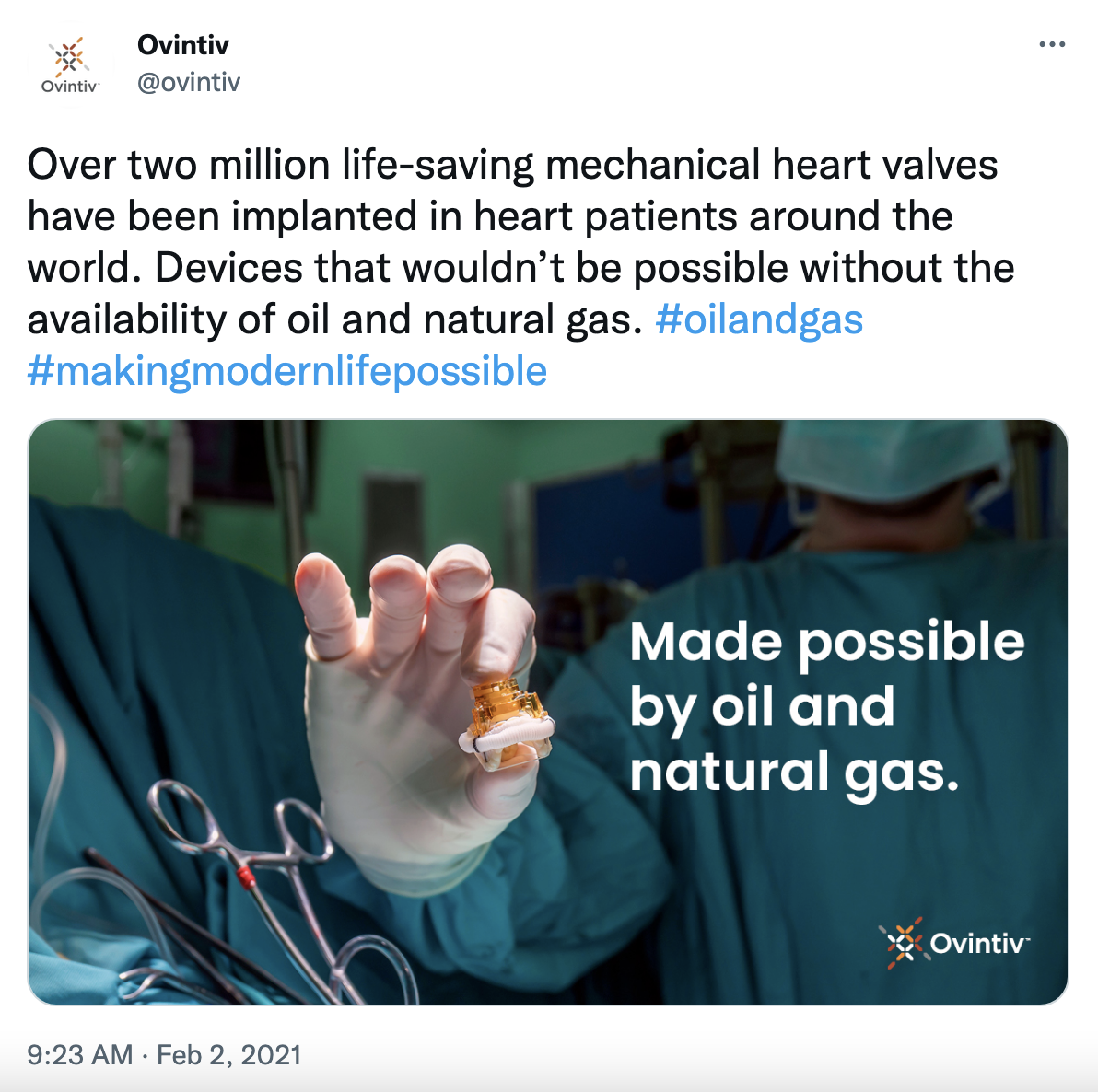
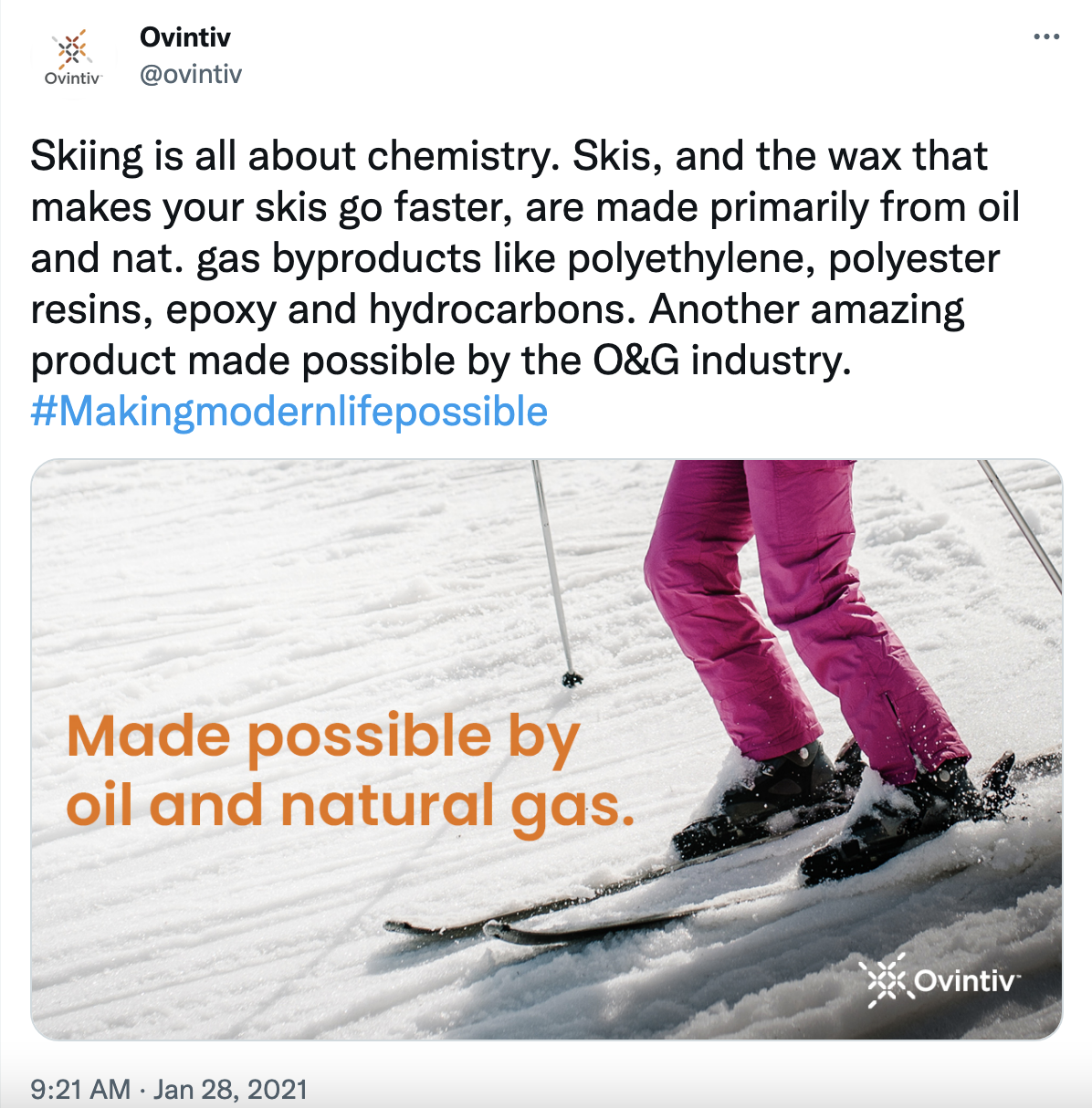
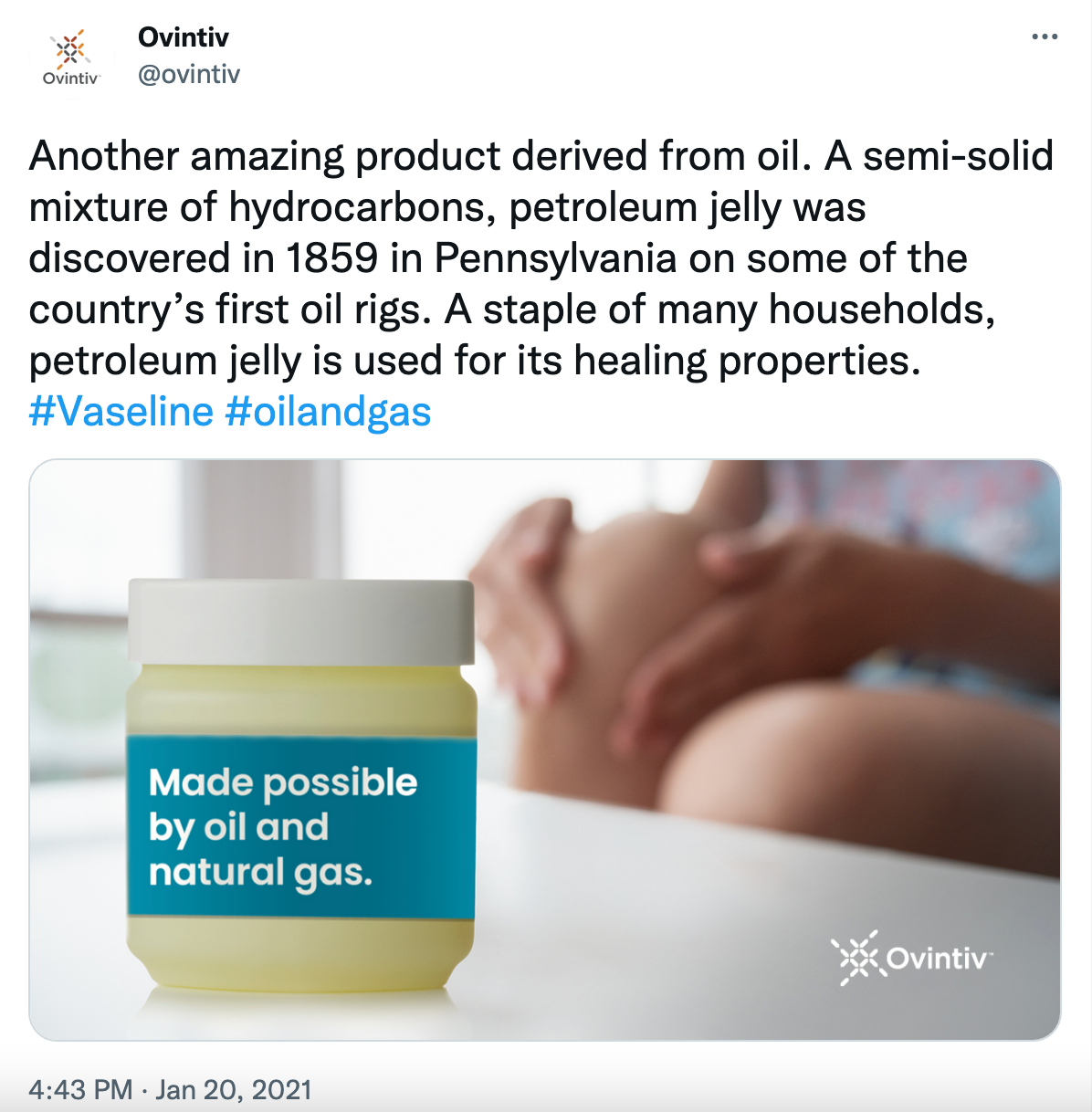
And here's industry front group Coloradans for Responsible Energy Development (CRED) with the most classic of the classics: we keep the lights on for you:
There's a LOT more where those came from, but you get the picture. It's amazing how repetitive they are. Especially when it comes to the focus on petrochemicals in particular, which are becoming increasingly important to fossil fuel companies as their traditional revenue streams in transportation and residential use decline. As they produce more petrochemicals and look to gin up demand for them, the industry makes it tougher for bio-based alternatives to compete...and then turns around and says "you can't make this stuff without us! there are no viable alternatives to petrochemicals!" It's a pretty effective strategy. And it's why lots of things that have mostly been painted as not climate issues in the past—plastics, sustainable fashion, green chemistry—are very much big climate issues. Before you say "well actually, the percentage of oil and gas that goes into those products is minimal compared to other uses," remember that, first, petrochemicals are booming and the industry is investing heavily in them.
According to the International Energy Agency, "growth in demand for petrochemical products means that petrochemicals are set to account for over a third of the growth in oil demand to 2030, and nearly half to 2050, ahead of trucks, aviation and shipping. Petrochemicals are also poised to consume an additional 56 billion cubic metres of natural gas by 2030, equivalent to about half of Canada’s total gas consumption today."
And second, even if they only represented 10 percent of the total, petrochemicals could still be used as the justification for continuing to expand drilling. That's why the industry is working so hard to remind us how much we love nail polish and stretchy jeans and all the stuff that keeps our babies and dogs and elderly parents safe.

